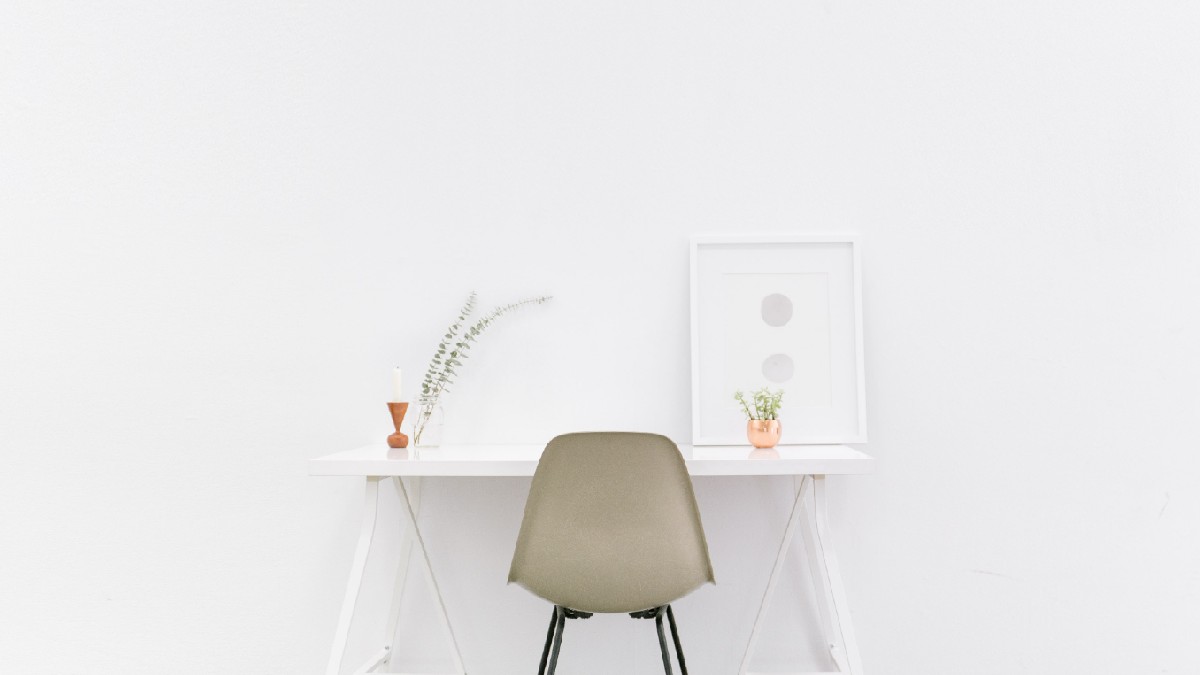
Should You Strive To Be More Of A Minimalist?
Psychologist Joshua Hook discusses the merits of minimalism.

By Mark Travers, Ph.D. | October 29, 2021
A new article published in the Journal of Positive Psychology suggests that there are definite psychological advantages to adhering to a philosophy of minimalism and voluntary simplicity.
I recently spoke with Joshua Hook, the lead author of the research and a professor of psychology at the University of North Texas, to discuss his work in more detail. Here is a summary of our conversation.
What inspired you to investigate the topic of minimalism and well-being and what did you find?
Minimalism was a personal interest of mine — it has been helpful in my own life and enabled me to live with lower levels of anxiety and higher levels of happiness and meaning. So, I was curious to see what the research said about it. We found 23 empirical studies that examined the relationship between minimalism and well-being, and almost all of them found a positive link.
Can you give a brief description of how minimalism/voluntary simplicity is defined by psychologists?
In general, definitions of voluntary simplicity and minimalism share several core features, including reduced consumption and lower focus on accumulating material goods and wealth, as well as increased focus on personal growth and one's values. Some definitions of voluntary simplicity also focus on environmental and social responsibility.
What are the practical takeaways from your research for someone interested in the concept of minimalism?
I think the main practical takeaway is that minimalism is positively linked with well-being. In our society today, we often get caught up in going after "more" — for example, more money, a bigger house, a fancier car, etc. I think we engage in this relentless pursuit for "more" because we think it will make us happy. But at least in the studies we reviewed, the opposite was true. Reducing your consumption and lowering your focus on material goods was actually related to more happiness.
What are the psychological downsides, if any, to living a more simplistic life?
There weren't any studies that reported a negative relationship between minimalism and well-being. That doesn't mean there aren't any psychological downsides to living a simpler life, but they weren't highlighted in the research we reviewed.
Did you find any gender differences or other demographic differences in minimalism/voluntary simplicity?
There were a couple of potential demographic moderators of the relationship between minimalism and well-being. (These findings should be taken with caution because there were only a few studies that looked at these variables.) But we found evidence that the relationship between minimalism and well-being might be stronger for low-income participants and older participants.
After conducting your research, are you more likely to view minimalism as a viable pathway to happiness and flourishing?
Yes, I think minimalism has potential as a viable pathway to happiness and flourishing. One thing we need to keep in mind is that most of the research we reviewed was correlational, which means we know that minimalism is related to well-being, but we can't say for sure that minimalism causes well-being. It could be that happier people are more likely to live simply, or there might be a third variable that causes people to both live simply and be happy. But the evidence is pretty strong that there is a positive relationship between minimalism and well-being.
How might your research inform clinical efforts to improve happiness?
I think this research counteracts the general tendency in our society to go after "more." It's one of the biggest lies we can buy into that we just need more money, more material possessions, and more [fill in the blank] to be happy. These efforts don't usually work. Instead, I think we need to think about other avenues to improve happiness, and living more simply might be something to try out.
